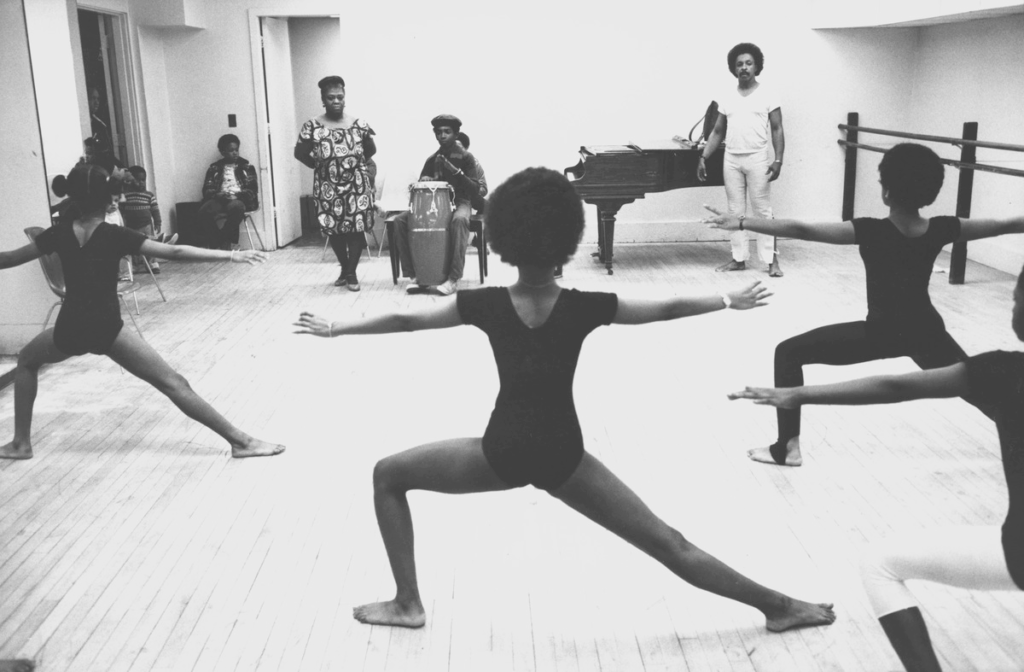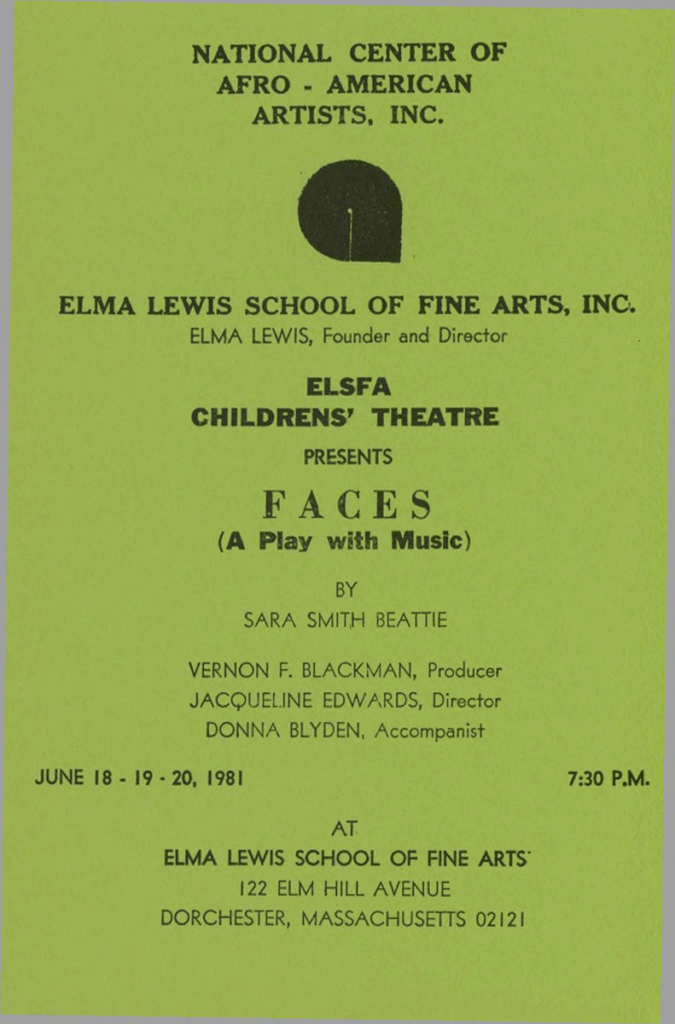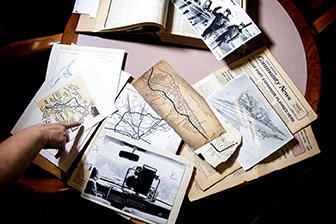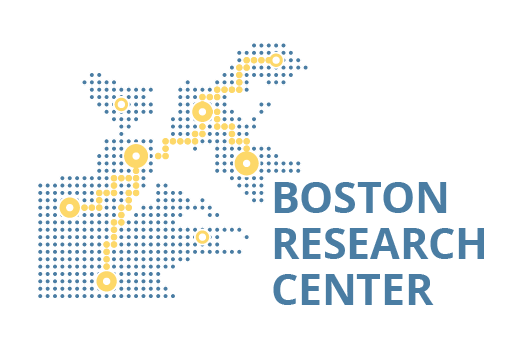Library Receives CPA Grant to Digitize “Black Art and Joy in Boston (and Beyond)”
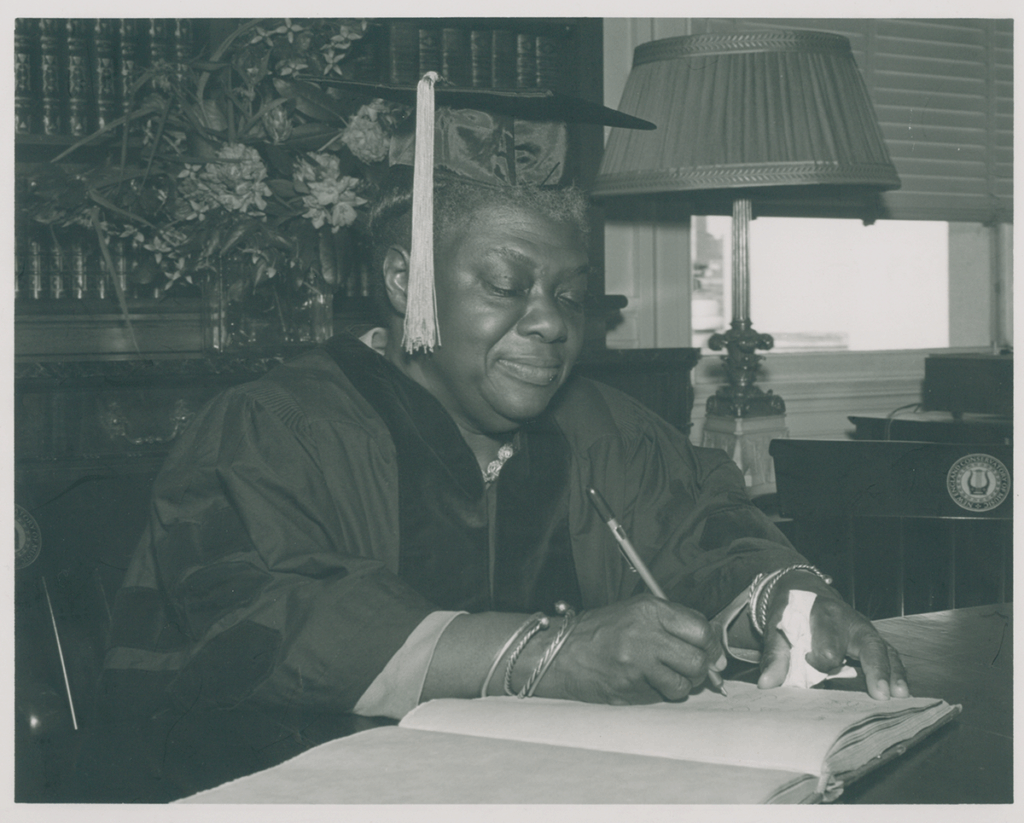
The Northeastern University Library is proud to announce that the Archives and Special Collections has been awarded a City of Boston Community Preservation Act (CPA) grant to fund the project Black Art and Joy in Boston (and Beyond): Elma Lewis and the National Center of Afro-American Artists. This grant of almost $460,000 will support the digitization, cataloging, and publication of primary source materials from four archival collections that document the extraordinary work of Elma Lewis (1921-2004) and the cultural institutions she founded.
Dan Cohen, Vice President for Information Collaboration and Dean of the Northeastern University Library, said, “The University Archives and Special Collections department carefully preserves and protects access to some of the deep history and stories of Boston’s Black community. This project will augment and complement their and the Library’s Digital Production team’s effort to digitize significant portions of the Freedom House’s historical collection. We are thrilled to partner with the City of Boston and the Community Preservation team on this project.”
Lewis was a transformative force who trained a full generation of African American dancers, singers, musicians, actors, and visual artists in Boston. She formed the Elma Lewis School of Fine Arts in 1950 and established the National Center of Afro-American Artists in 1968, along with its museum in 1969. Her outsized influence on the Black arts movement in Boston, and how her ideas and techniques spread nationally and internationally, represents a crucial chapter in the city’s cultural history.
This project amplifies the voices of those who were in Lewis’s orbit as teachers, collaborators, or students. It also highlights the influence of Afrocentric organizations on Boston, a necessary element to understanding Black civil rights work in the city and the rich network of organizations and individuals focused on community-building and empowerment.
The digitized collections will shed light on the decades of labor and coalition-building that are foundational to Boston’s existing Black arts infrastructure. By publishing them online, we make this history accessible to Bostonians at any time and for any purpose, while also reaching larger local and national audiences through participation in Digital Commonwealth and the Digital Public Library of America.
The curricular potential of this collection represents one of its most valuable forms of impact. The project will build on the successful Boston Public Schools Desegregation Collection, a collaboratively built collection of scanned archival materials documenting the desegregation of Boston’s public schools, in collaboration with the district itself. That project demonstrated how archival materials can be integrated into K-12 curriculum design, bringing primary source materials directly into classrooms across the city.
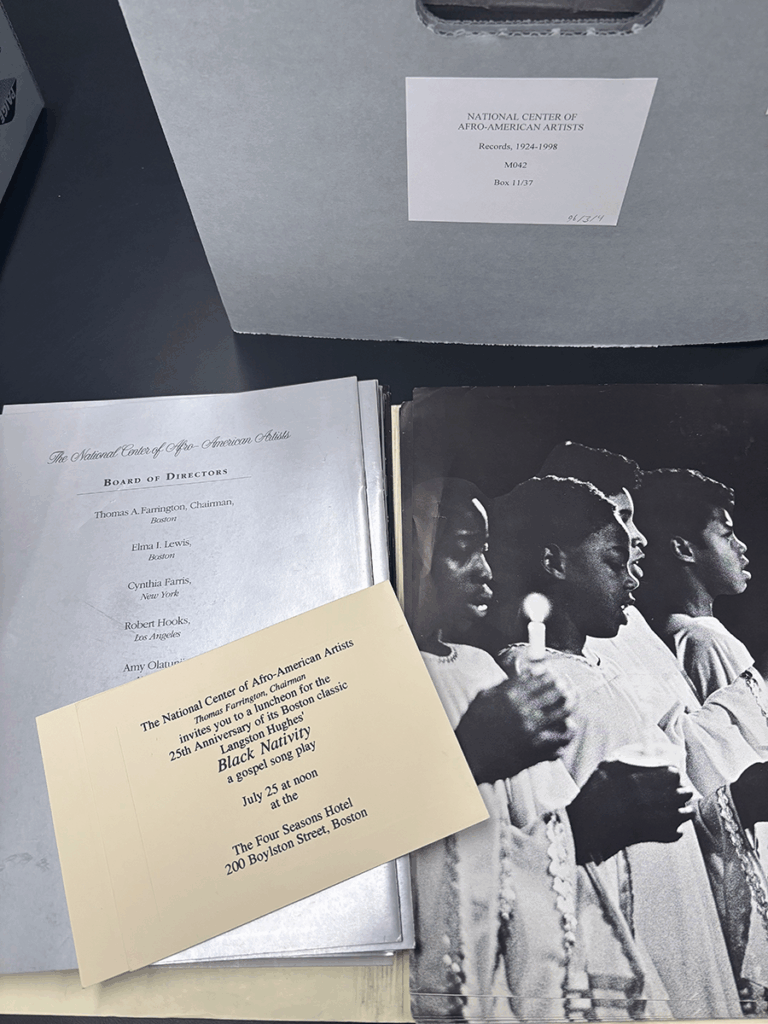
These digital collections will enable Bostonians, including relatives and friends of those who appear in the collections, to access this evidence of their community’s rich cultural history. The materials will be freely available online, searchable, and integrated with our existing digital collections to provide a deeper and richer pool of resources illustrating the activities and accomplishments of Boston’s Black residents and leaders.
As we embark on this preservation effort, we honor not only Elma Lewis’s remarkable legacy but also the ongoing vitality of the Black arts movement in Boston that she helped establish. Through the CPA’s support, we ensure that future generations will have access to these invaluable records of creativity, resilience, and community building.
For more information about the project, please contact Giordana Mecagni at g.mecagni@northeastern.edu or 617-373-8318.
To learn more about what collections from Elma Lewis we hold, visit our research guide Finding Elma Lewis in the Northeastern University Archives and Special Collections.
This blog post was co-written by Giordana Mecagni, Head of Archives and Special Collections, and Molly Brown, Reference and Outreach Archivist.
